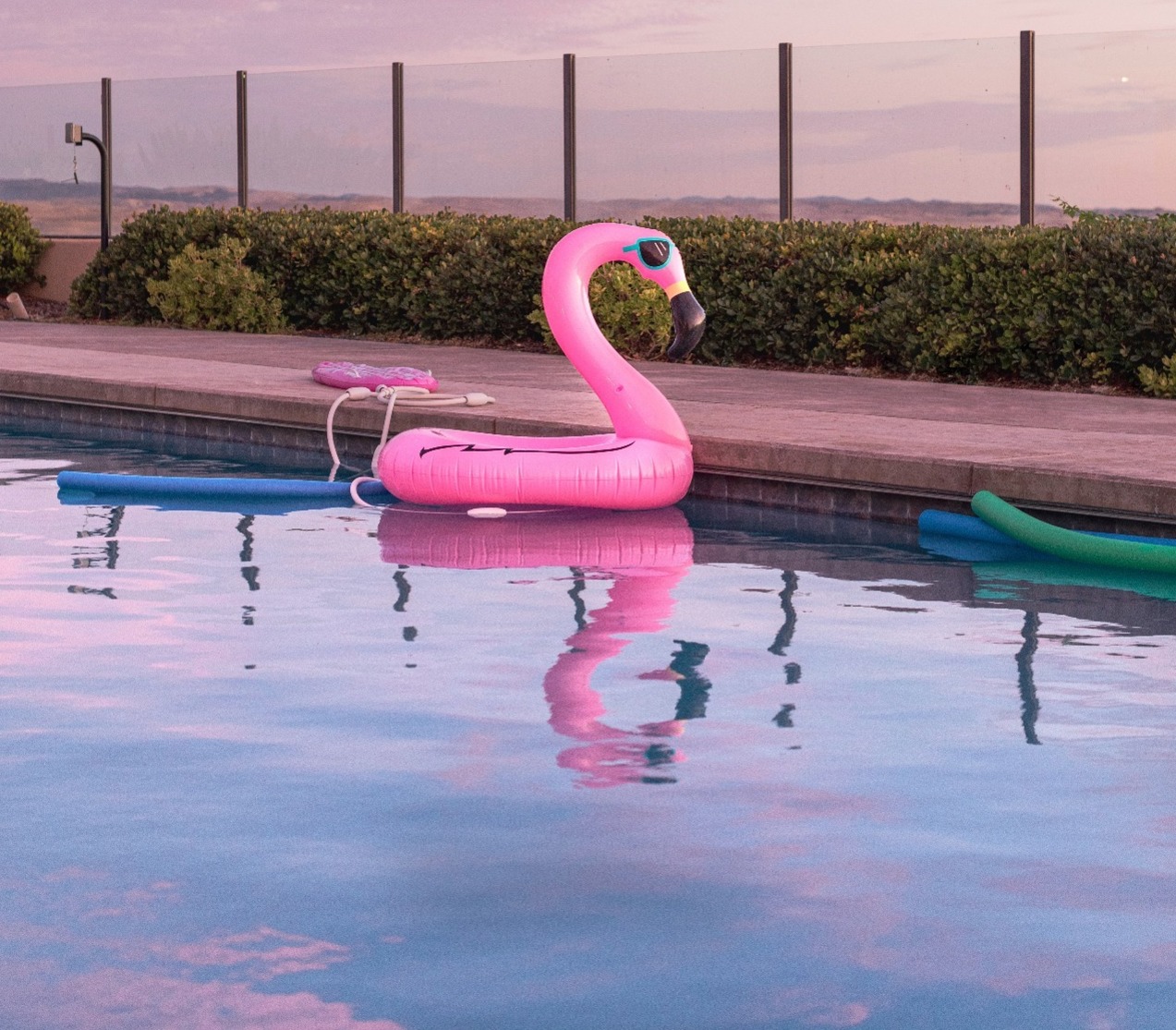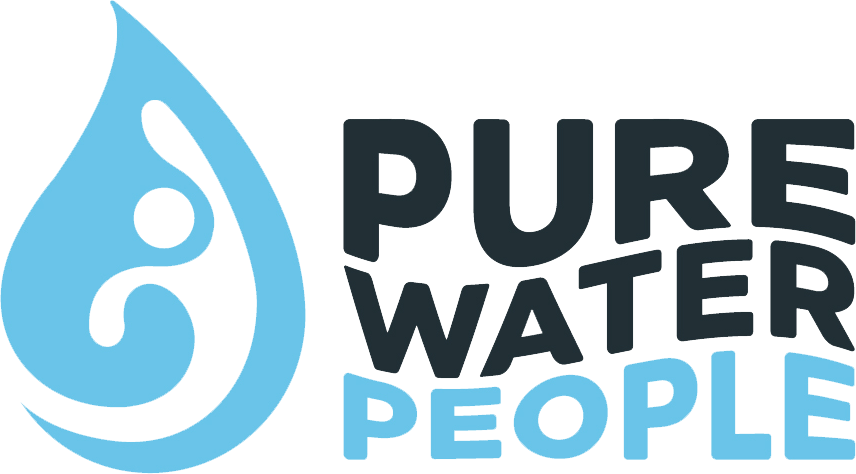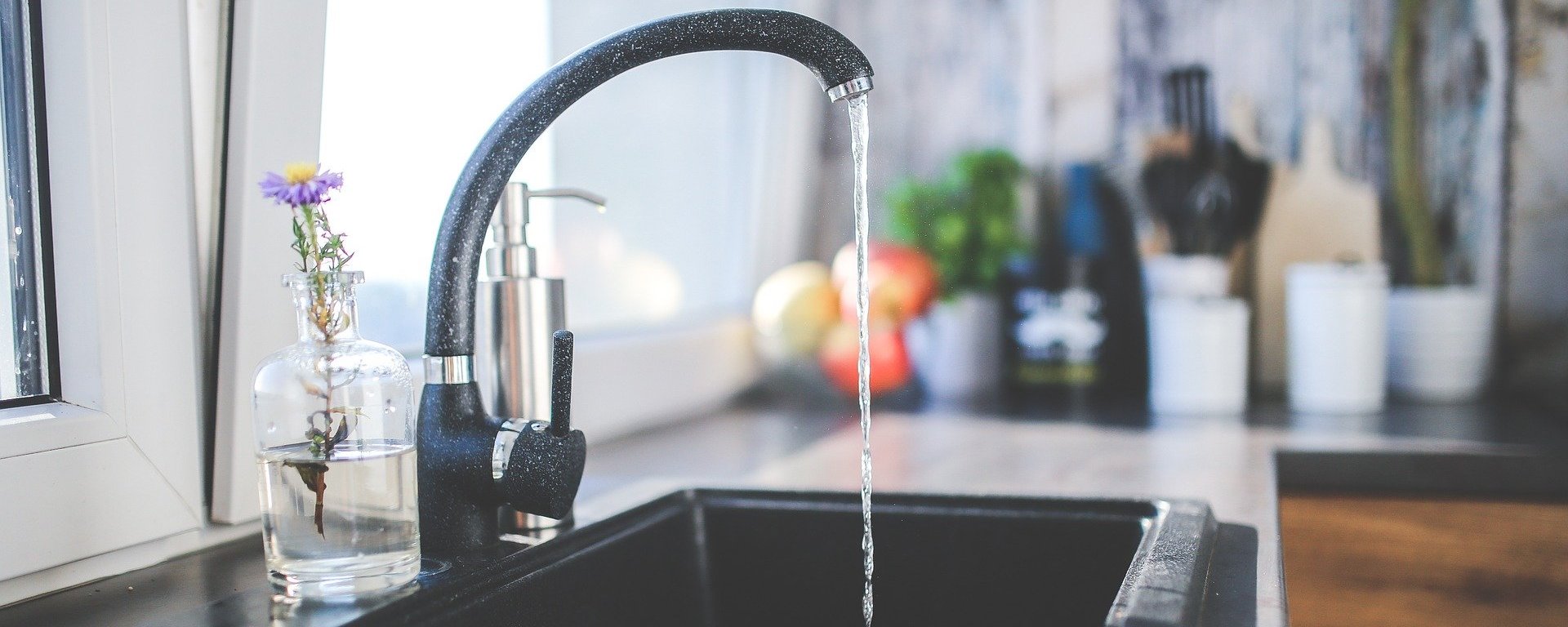The Pros and Cons of Chlorine
Posted on 10th September 2020 at 14:30
We have to count ourselves lucky to live in a country where clean and safe drinking water is readily available. It’s easy to take for granted that we can just turn on a tap and have access to clean water, whenever we want it. Of course, a luxury such as this doesn’t come for free; the water we use and consume every day has to be treated, a service that we definitely pay for.
One of the methods we use to treat our water to keep it safe is the addition of chlorine. The use of chlorine in our water goes back a long way. In fact, as early as 1897, the town of Maidstone had its entire water supply treated with chlorine. So, it has to be said, it has worked for quite a long time. Water chlorination is seen as one of the most important medical advancements in history and it’s no wonder - I’m sure you are glad as I am that we weren’t around to witness the outbreaks of diseases such as cholera and typhoid fever.
But, with all that being said, chlorine certainly isn’t a perfect solution. There are pros and cons to its use and we will be discussing a few of these in this blog.
The pros
First of all, chlorine has numerous applications and is something that is quite readily available, so chlorine production is something they have (more or less) sussed. The process works well. Rock salt, or sodium chloride, is an abundant source of chlorine and it is extracted by subjecting a solution of rock salt to electrolysis.
So it’s very accessible, which is great because it is very effective at killing pathogens, such as bacteria and viruses. This doesn’t only apply to when it is first introduced to water, either; chlorine keeps water clean over time. It forms a weak acid (hypochlorous acid) when it comes into contact with water, and this acid is able to damage cells by penetrating their walls.


The cons
Something to bear in mind is that, just because chlorine is an effective and relatively inexpensive method of water treatment, doesn’t mean that it’s the only way to achieve a good standard of water treatment. In a recent blog we discussed an episode of “Down to Earth”, a Netflix documentary series following actor Zac Efron on his various travels around the world. The episode we discussed took him to Paris, where they boast a very high standard of public water treatment. Using methods such as UV light and Ozone to destroy bacteria and microorganisms, the tap water in Paris reaches a much better standard of treatment without the introduction of chemicals such as chlorine.
Also, chlorine can bring a disagreeable odour and taste to tap water, and we often speak to people who are dissatisfied with the taste and/or odour of what’s coming out of their taps. Chemicals such as chlorine can also be unkind to skin – this is something that is especially pronounced in swimming pools, so it doesn’t surprise us when people do complain when they notice the presence of chlorine in their water.

Another interesting point revolves around its interaction with bacteria. There has been some suggestion that it’s possible that chlorine isn’t ideal for this reason, as questions have been raised over the possibility that it may have an adverse effect on the “good bacteria” present in the gut. This comprises a significant part or our immune systems, so if chlorine did kill some of that bacteria, it wouldn’t be ideal. It has to be said, though, that this question warrants a good deal of high-quality research; to put it simply, we really don’t know yet if chlorine could have an adverse effect on the biodiversity of the gut, but it’s an interesting thought experiment.
As always, it’s good to question these things – after all, we use water every day and it’s very important.
So, what does it all mean?
While the tap water is usually safe to drink, and that chlorine is a significant part of that, it doesn’t mean that it’s the best solution to water treatment. We believe in providing people with water that is treated to a high standard without the drawbacks associated with things such as chlorine, so when you see situations, such as in Paris, where they do use better alternatives, it does make you think...why don’t we?
This is one of the reasons that we do what we do here at the Pure Water People – if you ever want the highest standard of water treatment possible, we’re here and we can make that happen for you.
Share this post:





